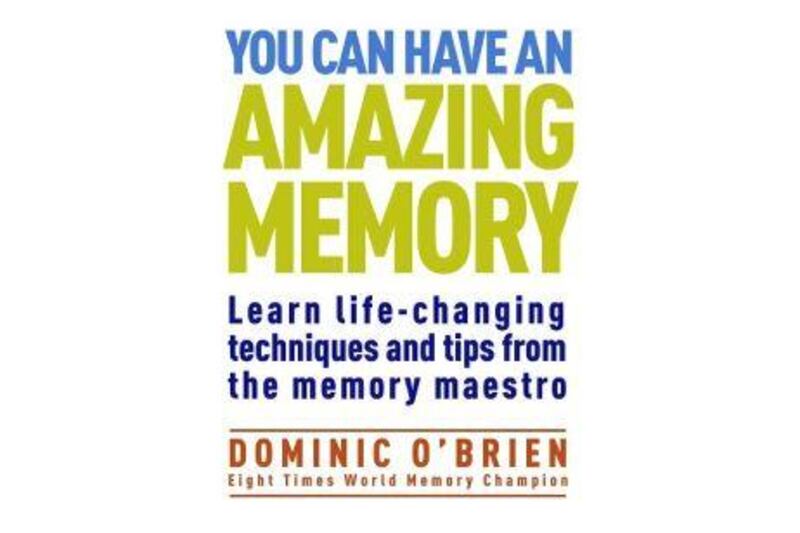Scientists have implanted false memories in the brains of mice as part of their research aimed at helping us understand the nature of memory and thought.
The researchers at the Riken-MIT Centre for Neural Circuit Genetics tinkered with mice to make their neurons responsive to light. They then activated a certain set of memory neurons in two different environments, and were able to demonstrate that the mice “remembered” those two environments as being the same. The study supports the idea, already held by some scientists, that memories are stored in networks of neurons that encode the experiences we have.
We’re one step closer, then, to unravelling the mysteries of memory: a part of the human experience that holds endless fascination for science and literature alike.
Want to fathom the depths of memory yourself? Start with last year's critically acclaimed Moonwalking with Einstein: The Art and Science of Remembering Everything by Jonathan Foer (Penguin, Dh39).
Foer covered the US Memory Championships as a freelance journalist; the next year, he returned as a competitor and won. He tells that story and along the way tells the story of memory, from its beginnings in our evolutionary past to the present day. We are in danger, says Foer, of outsourcing our memory to digital devices: but we’d lose more than we gain.
Power on to You Can Have an Amazing Memory by Dominic O'Brien (Watkins Publishing, Dh62), the Roger Federer of the memory world, who has won the World Memory Championships a record eight times. In this book you'll learn the Dominic Technique: a guaranteed path, says O'Brien, to an amazing memory.
There is more to memory, though, than neurons. To really inhabit the mystery that is human memory, turn to perhaps the most fully-realised rendering of it in all literature.
In Marcel Proust's In Search of Lost Time (Penguin, Dh62), our narrator is thrown back to a vast and richly detailed recollection of his childhood, after tasting a madeleine that reminds him of the madeleines that his aunt used to give him as a boy.
Follow us
[ @LifeNationalUAE ]
And follow us on Facebook for discussions, entertainment, reviews, wellness and news.





